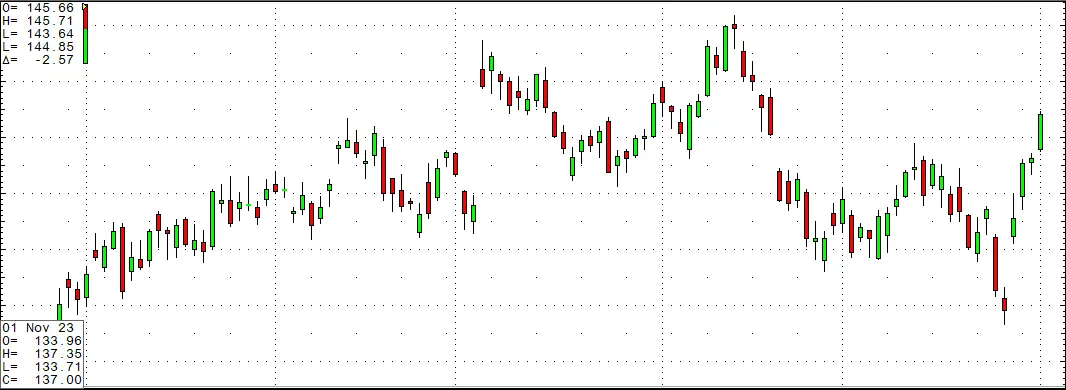Stocks and Futures: What’s The Difference?
In the world of investments, stocks and futures are two popular choices for traders seeking to grow their wealth. But what sets these financial instruments apart? Understanding the difference between stocks and futures is key to making informed investment decisions.
While stocks offer ownership and the potential for long-term growth, futures provide opportunities for speculative trading, hedging against price fluctuations, or mitigating risks. Additionally, the strategies and risks associated with these two investment options differ significantly. By understanding these nuances, investors can navigate the stock market and futures market with confidence, making informed decisions that align with their financial goals. So, let’s dive deeper into the Stocks vs Futures debate.
What are stocks?
Stocks, also known as equities, represent ownership in a publicly traded company. When investors buy stocks, they become owners of a portion of the company and have the potential to earn a profit through price appreciation or dividends. Stocks are typically bought and sold on exchanges, such as the New York Stock Exchange (NYSE) or NASDAQ.
How do stocks work?
When you buy stocks, you become a shareholder in a company. This means that you have a claim on the company’s assets and earnings. The value of stocks can fluctuate based on various factors such as company performance, market conditions, and investor sentiment. If the company performs well and its stock price increases, you can sell your shares at a profit. On the other hand, if the company performs poorly, the stock price may decrease, resulting in a loss if you decide to sell.
Investing in stocks can be done through individual stocks or through exchange-traded funds (ETFs) and mutual funds, which offer diversification by holding a basket of stocks. It’s important to research and analyze the companies you are investing in, considering factors such as their financial health, competitive advantage, and industry trends.
Pros and cons of investing in stocks
Pros
- Long Term Growth. Historically, the stock market has outperformed many other investment options over the long run.
- Ownership Of A Company. Stocks provide ownership in companies, allowing investors to participate in their success.
- Returns On Investment. Dividends, which are a portion of a company’s profits distributed to shareholders, can also be a source of income for investors.
- Liquidity (Easy to Buy and Sell)
Cons
- Volatility (Poor management / Industry Changes / Policy Changes). Stock prices can be volatile, and market fluctuations can result in significant losses. Individual company risks, such as poor management decisions or industry disruptions, can also impact stock prices. It’s important for investors to have a diversified portfolio to mitigate
What are futures?
How do futures work?
Pros and cons of trading futures
Pros
- Speculative Trading. Speculative trading allows traders to profit from price movements without owning the underlying asset. This can result in higher potential returns compared to traditional investments
- Hedging Against Price Drops. Futures can be used for hedging against price fluctuations. For example, a farmer can use futures contracts to lock in a price for their crops, protecting them from potential price decreases
Cons
- Volatility (Economic Influence / Product Yields / Environmental Factors). Futures markets can be highly volatile, and price movements can be unpredictable.
- Leverage. While leverage can amplify profits, it can also lead to significant losses if the market moves against the trader
Key differences
There are several key differences between stocks and futures:
- Ownership: Stocks represent ownership in a company, while futures do not provide ownership rights.
- Underlying assets: Stocks represent ownership in a specific company, while futures can be based on various underlying assets such as commodities, currencies, or interest rates.
- Expiration: Stocks do not have an expiration date, while futures contracts have a specified expiration date.
- Risk and reward: Stocks offer long-term growth potential and dividend income, while futures provide opportunities for higher returns but also come with increased risks.
- Trading hours: Stocks are typically traded during regular market hours, while futures can be traded around the clock.


Comments
Post a Comment